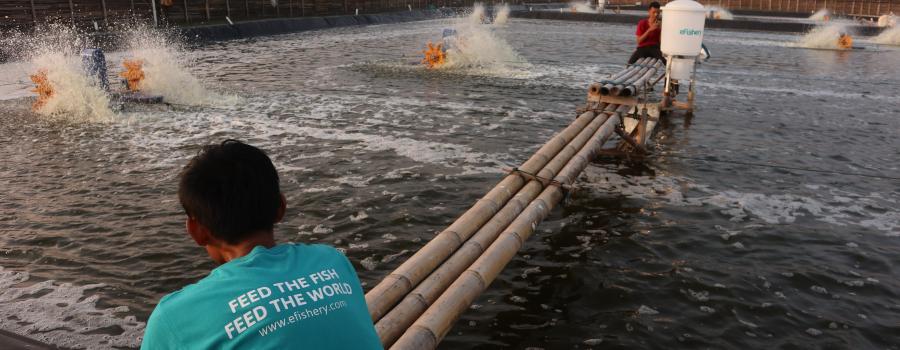Innovation and Technology

Today, shrimp farming operations around the world have not been very technology driven. Only some of the more advanced farmers have been adopting technological solutions that make their farming operations smarter, less risky and more efficient and sustainable. Mostly these are medium and larger size farms, but not the 100,000s small scale farmers that dominate the industry.
Due to the high degree of fragmentation in the supply chain and the large number of small-scale farmers out there, it’s hard to drive technology adoption. Many small-scale farmers have different priorities, such as the access to inputs, financial services and markets. The fragmentation of the supply chain also makes traceability from pond to plate hard to maintain.
In this seminar we will investigate some of the technologies driving efficiency and sustainability at the farming level, some technologies helping to overcome specific challenges of small scale farmers, and some technologies helping to maintain traceability in the supply chain. We will leave you with inspiration and food for thought about how the future of shrimp farming and supply chains might look like.